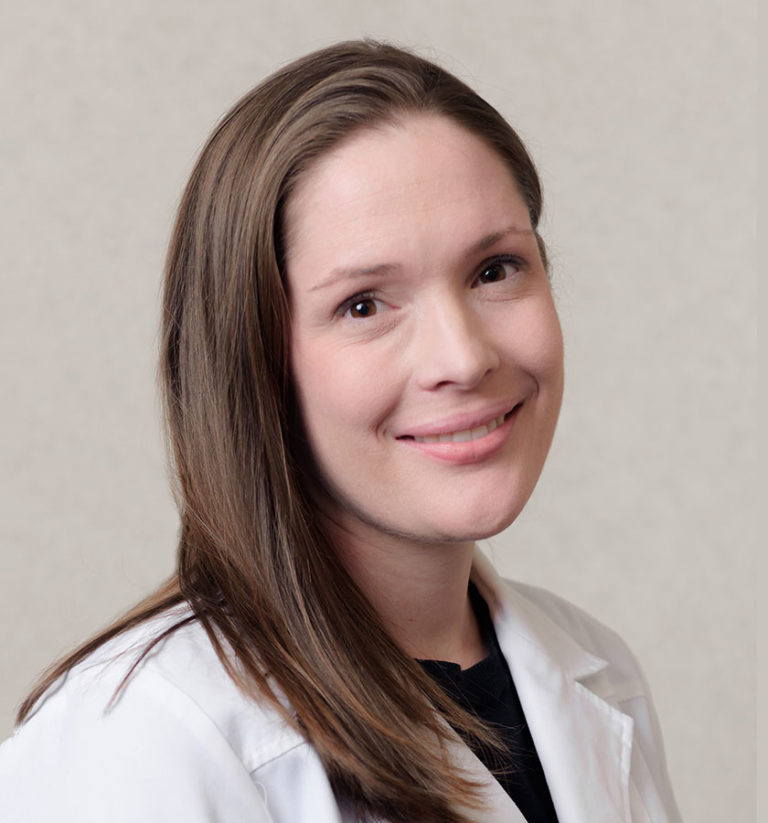Get the most out of an appointment with your gastroenterologist.
Get the most out of your office visit by preparing yourself for the conversation between you and your doctor. Knowing what to discuss with your doctor beforehand can help you have all of the details necessary to get the best treatment possible.
Before your office visit you may want to:
Create a list of topics. Knowing what you would like to discuss, especially if you have complicated symptoms, can help you best utilize your time with the physician and help them better understand your current health issues.
Speak truthfully. Symptoms can be embarrassing, or you may feel like they may be irrelevant, but letting your doctor know what you are experiencing can help them form a proper diagnosis and help you get better treatment.
Make sure to ask questions. Medical visits can often involve complicated terminology, and you should make sure you ask your doctor about anything you do not understand. Whether you have any questions about conditions, a recent diagnosis, or test results, make sure you do not leave your appointment unsure of the steps you need to take to improve or maintain your health.
Whether you are experiencing anxiety in regards to medical appointments or if you just want to make the most of time spent with your doctor, ask questions, prepare for the visit, and speak honestly with them in order to improve your visit and help you get the most out of your appointment.
Provider Spotlight

Allison Anastasoff A.P.R.N.
Allison Anastasoff completed her Bachelor of Science in Nursing at Saint Anselm College in 2007. During her time there she also worked as a nurse in the Intensive Care Unit, Cardiovascular Operating Room, and as a Research Coordinator. She went on to earn her Master of Science in Nursing at the University of New Hampshire. Allison holds a national certification with the American Association of Nurse Practitioners (AANP). She spent 2 years practicing family medicine prior to joining our team at Granite State GI Consultants in 2019. She enjoys spending time with family and friends, traveling, and cooking. Allison and her husband reside in Auburn with their rescue dog, Bella.
Interview with Allison Anastasoff A.P.R.N.
How long have you been practicing medicine and what made you choose the profession?
I have been working in healthcare for 14 years and as a nurse practitioner for 5 of those years. I chose to attend nursing school because of my desire to help others. I worked in the hospital setting in the ICU and cardiovascular operating room. I eventually went to graduate school to become a nurse practitioner. I worked in family practice for a couple of years and then chose to specialize in GI.
What led you to choose gastroenterology as your specialty?
I wanted to provide patients with a comfortable place to discuss what others might consider to be embarrassing symptoms. I felt I could help improve their quality of life.
How do you approach diagnosis and treatment for your patients?
Listening to the patient is number one. Then working with the patient to form a plan, whether that be additional testing or a trial of medication/diet change.
What is something you wish all patients knew about their digestive health?
Eating a well-balanced diet and drinking an adequate amount of water is one of the most controllable things you can do to feel well and prevent disease.What are the most important preventative screenings in your specialty?
Screening colonoscopy starting at age 45, earlier depending on individual risk factors.
What diseases or conditions do you specialize in the treatment of?
I treat a variety of GI disorders.
What do you think is the most pressing health issue affecting patients today in terms of their digestive health?
Recent data has shown an increase in colon cancer starting at a younger age. Screening colonoscopies are so important; however, people are often resistant to completing them because of the nature of the procedure but it can literally save your life by removing precancerous polyps and/or detecting colon cancer early.How do you stay up to date on the latest in medical news and technology?
Reading journal articles/studies and attending conferences.Outside of gastroenterology, what are your hobbies and interests?
I don’t have much time for hobbies at this point in my life. I spend as much time with my family as possible. My husband and I have two children. Layla who is 2 years old and Mason who was born in May 2021. They keep us busy. We like to be outdoors as much as possible and hopefully we will be able to start traveling again soon.What is your favorite part of working with the team at Granite State Gastro?
The people! My colleagues are an intelligent, kind, and supportive group.Current Topic
Does getting a colonoscopy lead to healthier living?

Patient Education
Does getting a colonoscopy lead to healthier living?
Diverticulosis occurs when small pockets or pouches form in the lining or wall of the digestive tract. These are called diverticulum and form when the inner layers of the digestive tract manage to push through weak areas of the outer layer. Most often occurring in the colon, diverticulosis affects half of all people in the U.S. over sixty years of age. Many doctors believe the condition to be related to a diet low in fiber. It may also be the result of pressure and straining during bowel movements. Most are unaware that they have the condition, though some may experience symptoms of cramps, bloating, and constipation. Diverticulosis is often discovered during evaluations for other conditions. It can also be discovered during x-rays, CT scans, and treatments like colonoscopies. Diverticula do not disappear on their own and may result in diverticulitis, which occurs when one of the pockets becomes infected or inflamed. Talk to your doctor if you are experiencing cramps, bloating, or constipation, as it may be related to diverticulosis.

Office Updates
Reviews from patients like you can help others feel confident about choosing our practice too! We appreciate any feedback you can provide. We truly care about the opinions of our patients and learning how we can improve to provide the best care possible.
Share your feedback

